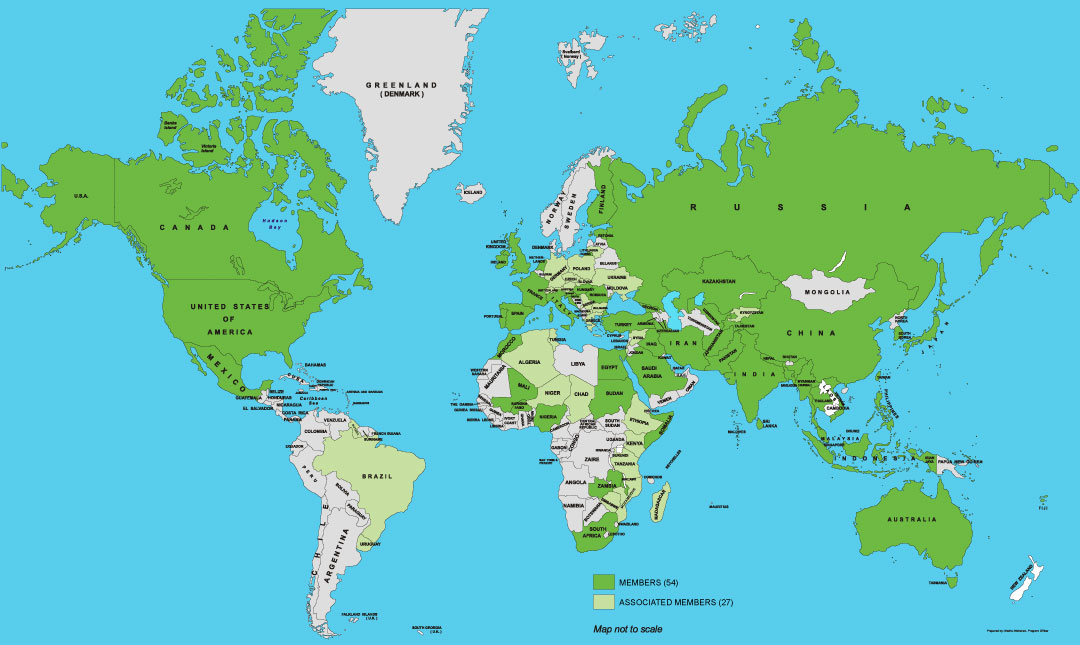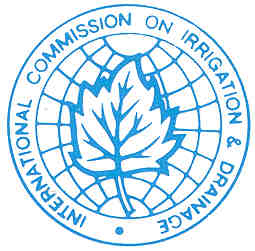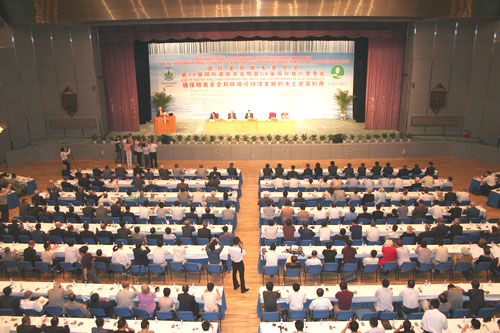
Deficit irrigation (DI) is an optimization strategy in which irrigation is applied during drought-sensitive growth stages of a crop. Outside these periods, irrigation is limited or even unnecessary if rainfall provides a minimum supply of water. Water restriction is limited to drought-tolerant phenological stages, often the vegetative stages and the late ripening period. Total irrigation application is therefore not proportional to irrigation requirements throughout the crop cycle. While this inevitably results in plant drought stress and consequently in production loss, DI maximizes irrigation water productivity, which is the main limiting factor. In other words, DI aims at stabilizing yields and at obtaining maximum crop water productivityrather than maximum yields.
If crops have certain phonological phases in which they are tolerant to water stress, DI can increase the ratio of yield over crop water consumption (evapotranspiration) by either reducing the water loss by unproductive evaporation, and/or by increasing the proportion of marketable yield to the totally produced biomass (harvest index), and/or by increasing the proportion of total biomass production to transpiration due to hardening of the crop - although this effect is very limited due to the conservative relation between biomass production and crop transpiration, - and/or due to adequate fertilizer application and/or by avoiding bad agronomic conditions during crop growth, such as water logging in the root zone, pests and diseases, etc.
The correct application of DI for a certain crop results in the following:
- Maximizes the productivity of water, generally with adequate harvest quality;
- Allows economic planning and stable income due to a stabilization of the harvest in comparison with rain-fed cultivation;
- Decreases the risk of certain diseases linked to high humidity (e.g. fungi) in comparison with full irrigation;
- Reduces nutrient loss by leachingof the root zone, which results in better groundwater qualityand lower fertilizer needs as for cultivation under full irrigation;
- Improves control over the sowing date and length of the growing periodindependent from the onset of the rainy season and therefore improves agricultural planning.
Related items you may like


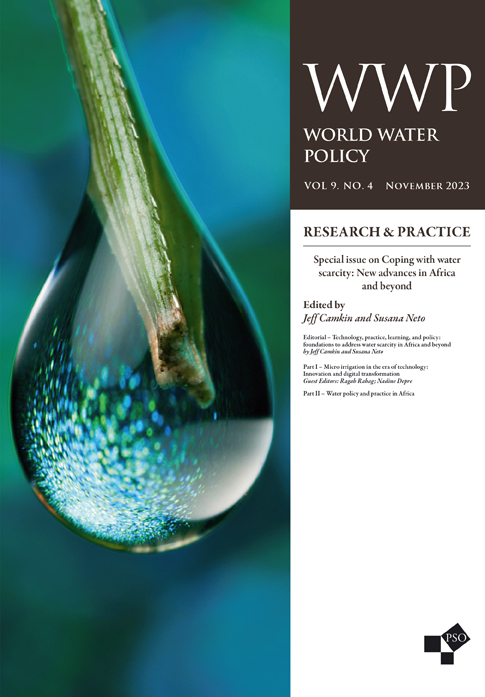
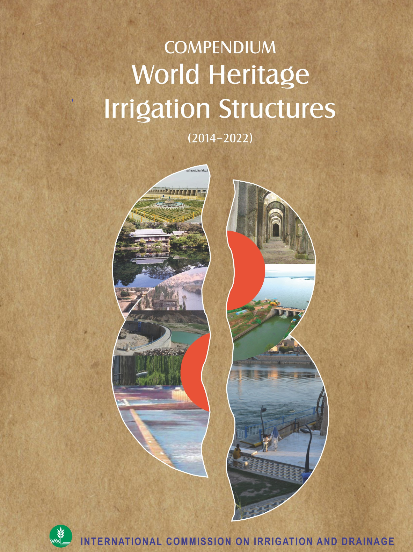







































































































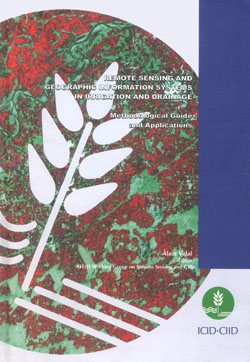



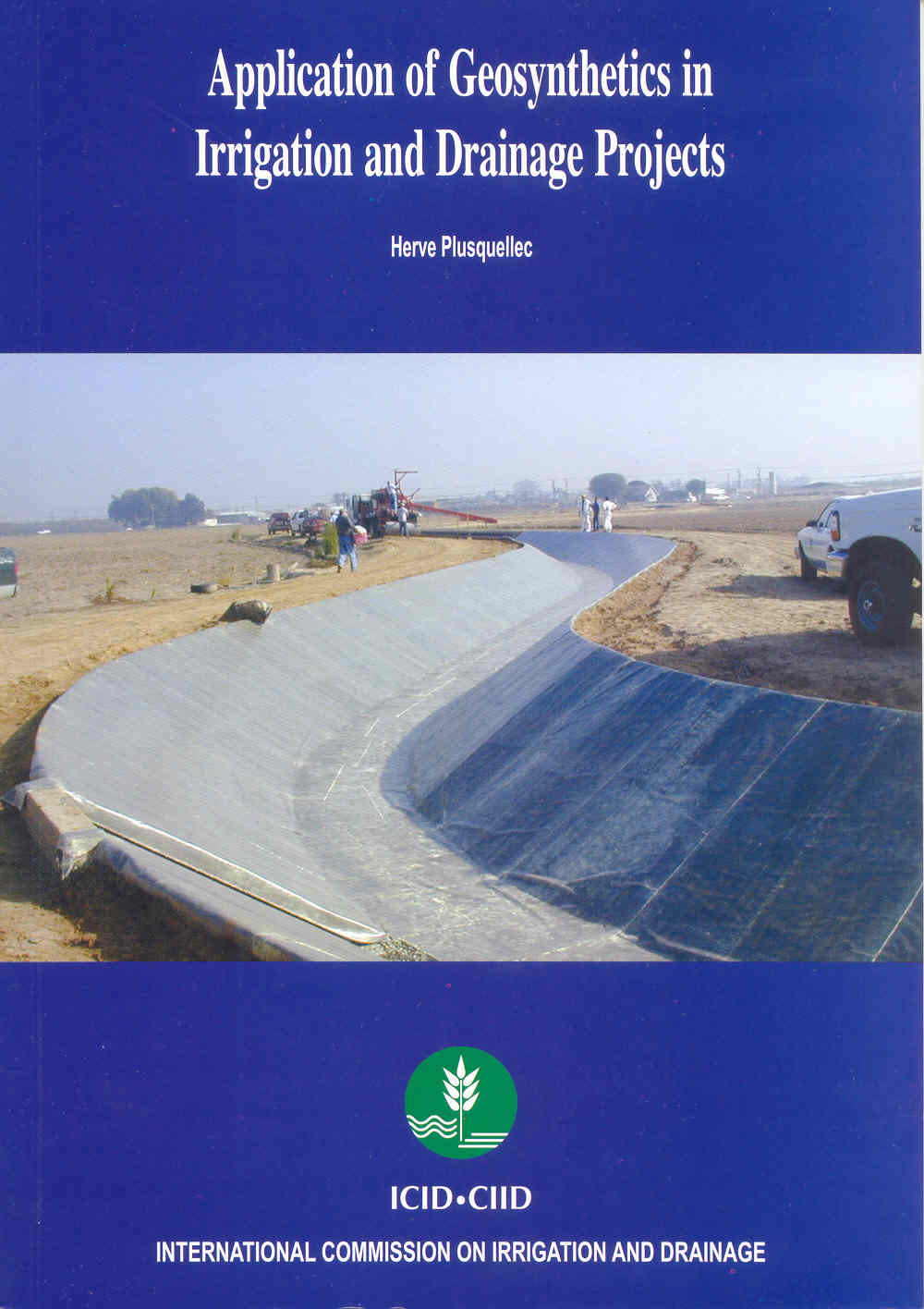

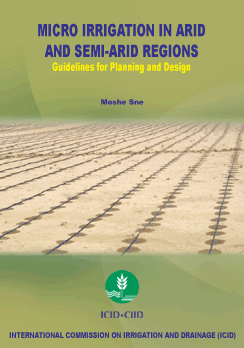
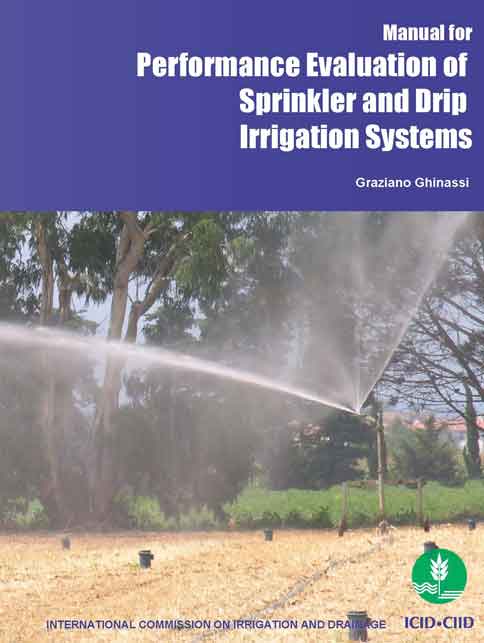



Irrigation
Sources of Irrigation
Irrigation History +
Sources of Irrigation +
IMPROVING SOIL MOISTURE +
Ponds +
Tanks +
Diversion Weirs +
Dams and Reservoirs +
Groundwater +
Conjunctive Water Use +
Wastewater +
Poor Quality Water +
Application of Irrigation water
Canal Irrigation +
Flood Irrigation +
Deficit Irrigation +
Supplemental Irrigation +
Sprinkler Irrigation +
Drip Irrigation +
Lift Irrigation +
Centre Pivot Irrigation +
Tidal Irrigation +
Micro-Irrigation Technologies for Small Holders +
Automatic Irrigation Systems +
Pressurized Irrigation +
Irrigation in Viticulture +
Purpose of Irrigation
Instruments and implements of Irrigation
Pumps +
Centrifugal Pumps +
Submersible Pumps +
Turbine and Jet Pumps +
Conveying Pipes +
Sprinklers +
Drippers +
Canal Automation Systems +
Irrigation Management
Economics of Irrigation System +
I&D System Types +
I&D Investment Functions +
I&D Management Issues +
Participatory I&D Management +
Equity in Irrigation +
Irrigation Services +
Irrigation and environment
Pollution and Irrigation +
Irrigation and Climate Resilience +
Environmental Aspects of Irrigation +
Environmental Impacts of Irrigation +
Green Lawn Irrigation +
Safe Use of Waste Water in Irrigation +
Organic Agriculture +
Soil Health +
Soil Health Management +
Quality of Irrigation Water +
Capacity Development
Drainage
Drainage Types and Systems
Agricultural Drainage +
Field Drainage systems +
Canal Irrigation and Drainage +
Surface Drainage Systems +
Subsurface Drainage +
Mole Drainage +
Bio-Drainage +
Regional Bio-Drainage +
Drainage Issues
- Soil moisture deficit
- Soil water deficit
- Diffusion-pressure deficit
- Irrigation pipe aqueduct, Pipe aqueduct, Pipe flume
- Syphon, Inverted siphon, Irrigation syphon, Canal syphon, Syphon superpassage
- Lift irrigation area, or Lift area
- Continuous-flow irrigation
- Night-storage irrigation system
- Intermittent-flow irrigation system
- Irrigation return flow
- Farm irrigation structures
- Collective irrigation system
- Individual irrigation system
- Perennial irrigation
- Seasonal irrigation
- Supplemental irrigation
- Systematic irrigation
- Flow irrigation, or Gravity irrigation
- Pumping irrigation
- Inundation irrigation
- Irrigation from a storage reservoir
- Irrigation from groundwater
- Irrigation by flood water spreading
- Sailab irrigation (a term used in India and Pakistan)
- Micro basin irrigation
- Irrigation by spreading
- Irrigation
- Irrigation interval
- Irrigation dose
- Ideal irrigation interval
- Irrigation season
- Fall irrigation (USA)
- Winter irrigation (USA)
- Early irrigation (USA)
- Sub-irrigation
- Overirrigation
- Irrigation canals
- Surface irrigation
- Flood irrigation
- Basin method of irrigation, or Irrigation by beds
- Flush irrigation
- Spate irrigation
- Border irrigation, or Border method
- Flooding from ditches, or (contour ditch irrigation)
- Corrugation irrigation
- Furrow irrigation
- Surge irrigation
- Duration of irrigation
- Secondary flow, Two discharge, or Cutback irrigation
- Primary flow irrigation (single discharge)
- Wave irrigation
- Irrigation through buried drains, Irrigation-drainage, or Vallenhove process
- Irrigation by nappe control, or Ramspol process
- Selection of irrigation parameters
- Sprinkler irrigation
- Irrigation terminal
- Irrigation device
- Perforated pipe sprinkler irrigation
- Irrigation sprinkler machine
- Centre pivot irrigation
- Lateral-move irrigation machine sprinkler method
- Solid set irrigation
- Piloting of irrigation
- Irrigation cycle
- Micro-irrigation, Localized irrigation, Drip irrigation, Trickle irrigation
- Mobile micro-irrigation
- Pulse irrigation
- Surface drip irrigation
- Buried drip irrigation
- Drip irrigation functioning by propulsions
- Micro-irrigation network
- Micro-irrigation nozzle-line
- Irrigation dose
- Semi-automatic control (of irrigation)
- Micro-irrigation system with hydraulic sequential operation
- Automatic control (of irrigation)
- Porous wall microirrigation tubing
- Proportional irrigation pump
- Irrigation water
- Irrigation water requirement, Irrigation need
- Net irrigation requirement, Farm delivery requirement, or Delta at farm
- Crop irrigation requirement
- Critical water deficit
- Diversion requirement, Gross irrigation requirement, or Delta at head of main canal
- Optimum irrigation requirements
- Irrigation efficiency, Farm irrigation efficiency, Farm delivery efficiency, Water conveyance and delivery efficiency, or Overall efficiency
- Irrigation water-requirement
- Subirrigation
- Surge irrigation
- Irrigation water use efficiency
- Unit irrigation efficiency
- Economic efficiency of irrigation
- Irrigation efficiency
- Agronomic efficiency of irrigation or Agronomic productivity of irrigation
- Degree of durability of irrigation
- Programmed irrigation
- Fully automatic irrigation system
- Irrigation development project or system
- Irrigation
- Surface irrigation
- Basin Irrigation
- Overhead irrigation
- Sub‑irrigation
- Microirrigation
- Trickle irrigation
- Drip irrigation
- Total irrigation
- Supplemental irrigation
- Preplant irrigation
- Organic irrigation
- Conjunctive irrigation planning
- Irrigation project
- Irrigation potential
- Assessment of irrigation charges
- Irrigation cess
- Water rate, Water charge, Irrigation rate, or Irrigation assessment
- Primary benefits, Primary effects, Direct irrigation benefits, or Direct irrigation effects
- Secondary benefits, Secondary effects, Indirect irrigation benefits, or Indirect irrigation effects
- Economic value of unit of irrigation water
- Revenue value of a unit of irrigation water
